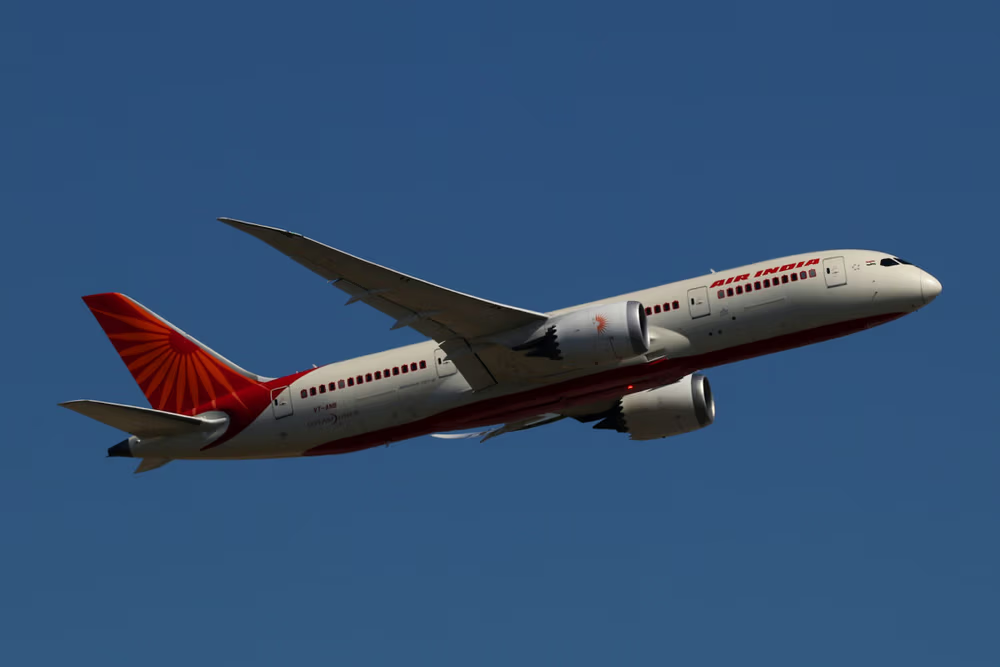Boeing’s stock fell sharply in after-hours trading on Thursday, dropping 7% following reports of a tragic crash involving one of its 787 Dreamliner aircraft. The Air India flight, carrying 242 passengers and crew, crashed shortly after takeoff from Ahmedabad, India, while en route to London Gatwick.
The cause of the crash is still under investigation, but the incident adds to the growing list of safety concerns that have plagued the aerospace giant over the past year.
Boeing has faced intense scrutiny since January 9, 2024, when a panel on the cabin wall of an Alaska Airlines Boeing 737 Max 9 detached mid-flight during Flight 1282. The event prompted an immediate response from the Federal Aviation Administration, which halted Boeing’s production expansion plans for its 737 Max line.
Further trouble emerged in February when one of Boeing’s suppliers identified structural defects in fuselages on several unfinished 737 Max aircraft. These revelations exacerbated ongoing concerns about the company’s quality control and oversight.
In response to these issues, Boeing has implemented corrective measures and increased production oversight, particularly across its 737 Max program. However, Thursday’s Dreamliner crash raises new questions about the company’s overall safety protocols and aircraft reliability.
The broader aviation industry, already showing signs of shifting loyalty toward Airbus, may accelerate that trend in the wake of this latest crash. Analysts warn that airlines could begin reevaluating their fleet procurement strategies, seeking alternatives that offer more confidence in safety and consistency.
As investigations continue, Boeing’s future will depend heavily on how it manages both the technical inquiries and the public perception of its commitment to safety.






